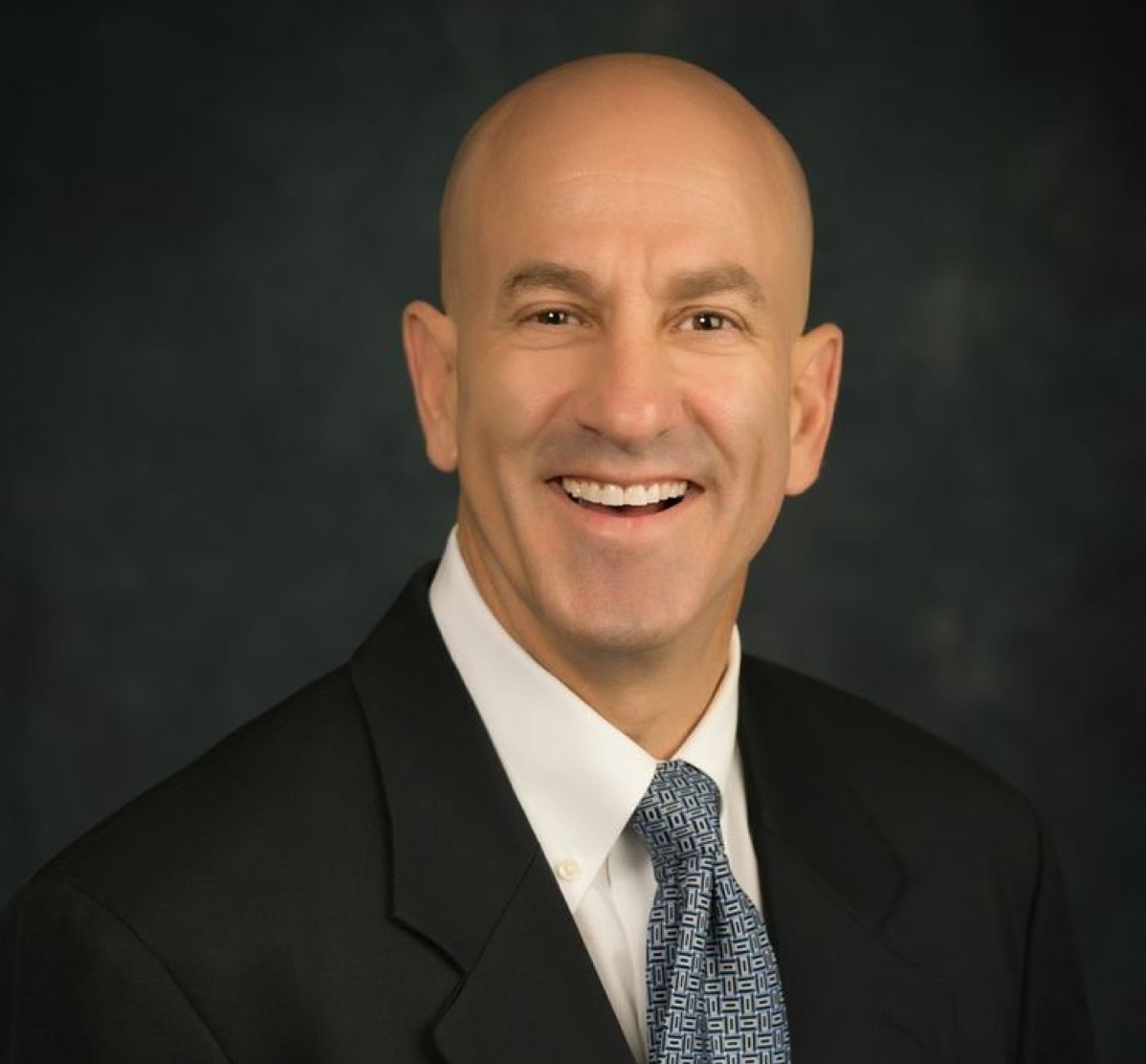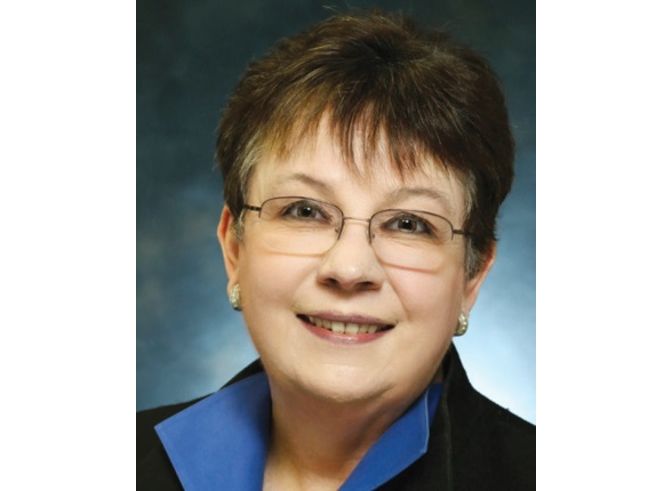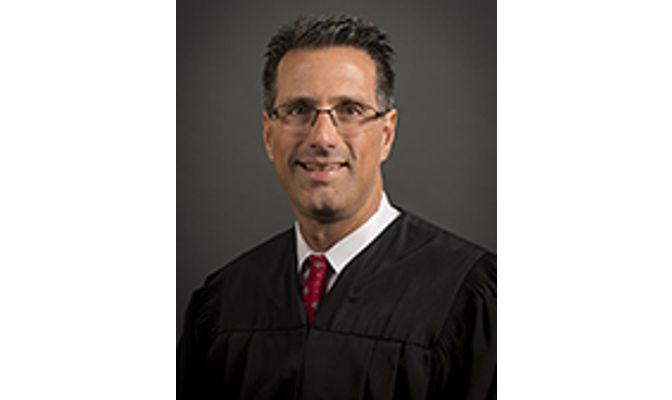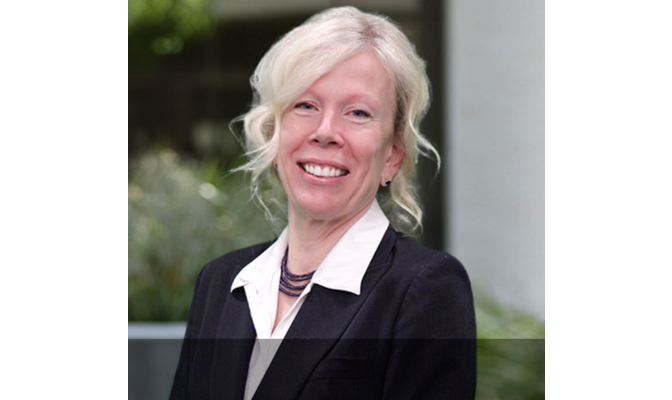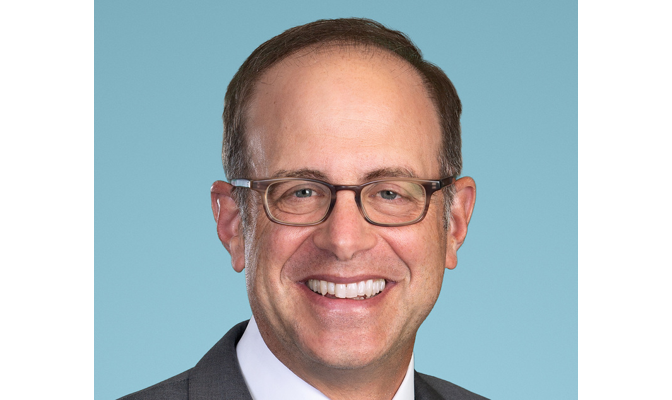Hundreds of Millions Lost by Seniors Due to Bankruptcies filed by CCRC Communities
One of our fabulous speakers, Howard S. Krooks of Cozen O’Connor in Florida, specializes in Elder Law and Estate Planning in Florida. He just published this timely blog post on the impact of recent Continuing Care Retirement Community bankruptcies on the elderly. It is well worth the read, so I asked him if we could repost it here. The post is below. And if you or a loved one is considering buying into one of these high-end type of retirement communities (and I know several who have or are considering it myself), be sure to read and pass on the last paragraph.
Howard last spoke at our Estate Planning 101 program for Florida, which an be found here. We can’t wait to have him back the next time we do an estate planning program for FL, in 2026 or 2027.
Hundreds of Millions Lost by Seniors Due to Bankruptcies filed by CCRC Communities, by Howard S. Krooks
The Wall Street Journal has reported that recent bankruptcies nationwide in the Continuing Care Retirement Community (CCRC) segment of the long-term care marketplace have resulted in residents losing their buy-in deposit. Such “entrance fees” typically require payment by seniors of hundreds of thousands of dollars, and in some cases, exceeding one million dollars, merely to access residency at one of these high-end facilities. The July 7, 2025 article, entitled “She Paid $1 Million to Join a Senior Facility. Its Bankruptcy Wiped Her Out,” by Akiko Matsuda details the loss of $945,000 by Arlene Kohen, 89 years old, who paid her $945,000 entrance fee in January 2020 (plus about $5,700/month in rent each month thereafter), to move into Harborside, a continuing-care retirement community located in Port Washington, New York.
According to the article, Ms. Kohen sold her Great Neck, New York home for $838,000 to partially fund the entrance fee. Other liquid assets made up the difference. The contract promised a 75% refund upon departure or death. Harborside declared Chapter 11 bankruptcy three times over the years (in 2014, 2021, and late 2022). Its first two reorganizations protected residents’ refund rights. However, after the final sale during bankruptcy, the new owner (Focus Healthcare Partners) scaled back care, requiring Kohen and those needing more advanced care to leave the facility. Not only does a facility’s bankruptcy cause disruption in the lives and care needs of those affected, but it also results in financial loss for seniors and their families. Bankruptcy proceedings prioritize secured creditors, leaving residents as unsecured creditors, placing them at the bottom of the repayment hierarchy and jeopardizing their ability to recover their entrance fees. Kohen’s family now expects to recover less than one-third of the originally promised refund of approximately $710,000.
Nationwide, at least 16 CCRCs have filed for Chapter 11 since March 2020, impacting over 1,000 families and erasing roughly $190 million in entrance fees, with 212 of those families having a loved one at Harborside, according to the article. While some contracts promise refundable entrance fees, these refunds are not guaranteed, especially if the CCRC declares bankruptcy. The CCRC business model relies heavily on upfront fees used to service debt and operations, and collapses when new move-ins decline, as occurred during the post-COVID housing slowdown. Also, critics point to weak state oversight of CCRCs and a lack of suitable regulations. Efforts to enhance consumer protections have faced resistance and been withdrawn in some cases, highlighting the influence of industry interests. Unlike states like Florida (which regulates CCRCs as a specialized form of insurance entity and is supervised by its Office of Insurance Regulation), many states lack the regulatory authority and expertise to safeguard residents adequately.
This story highlights the inherent fragility of the CCRC model and the financial vulnerability of seniors who pay large lump sums as entrance fees, expecting secure, lifelong care in return. When facilities go bankrupt, residents typically fare poorly as creditors. Furthermore, regulatory gaps remain a major issue. Although Senate investigations date back to 2010, many states still don’t require advance financial backing or consumer protections. The story also demonstrates the devastating effects of downturns in the housing market, since many prospective residents rely on the sale of their homes to pay the substantial entrance fees. When the housing market experiences a downturn, CCRCs similarly attract fewer potential residents who can afford to pay the entrance fees, thus affecting returns to residents who leave the facilities, whether to seek needed levels of care or as a result of death.
So, what can you do if you or a loved one is contemplating admission to a CCRC and payment of a hefty lump sum entrance fee? First, prospective residents and their families should carefully review a facility’s financial health, reserve levels, and refundable guarantees. Occupancy rates and bond ratings should also be reviewed if they are available. Second, residents and families should carefully read and understand the terms of the residency agreement, particularly regarding entrance fee refunds, levels of care, and potential fee increases. With regard to entrance fee refunds, prospective residents and their families should make an effort to learn whether such refunds are dependent on a subsequent sale of the unit, which could become particularly relevant if the individual is leaving the facility to obtain a higher level of caregiving at another facility, as opposed to the refund becoming refundable due to the death of the individual. Finally, prospective residents and their families should explore alternatives to the CCRC model. This might include in-home care, rental communities that do not charge up-front entrance fees, or other senior living communities. This will allow for a determination as to whether another arrangement would present a similar level of caregiving without the inherent risk in the payment of a large entrance fee.
The original article was published on July 15, 2025 and can be found here.

